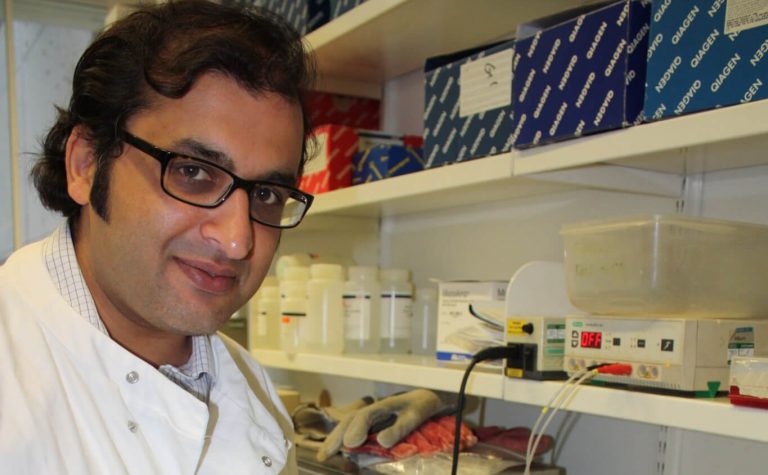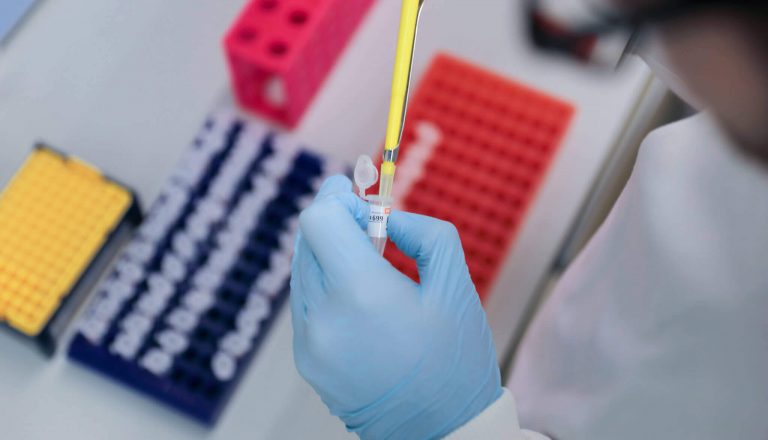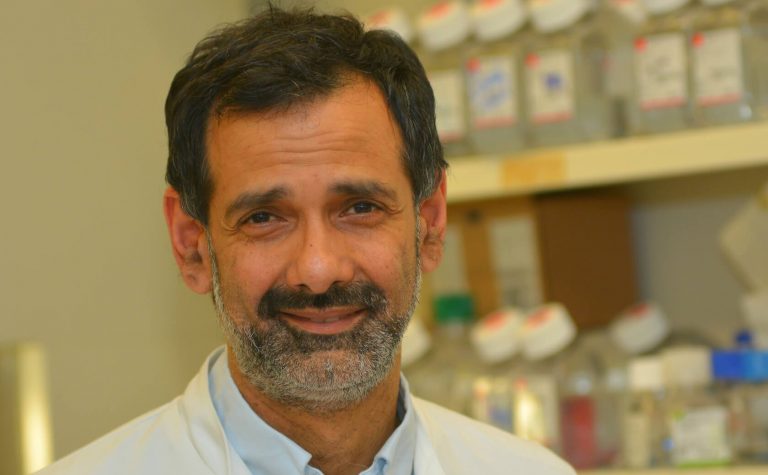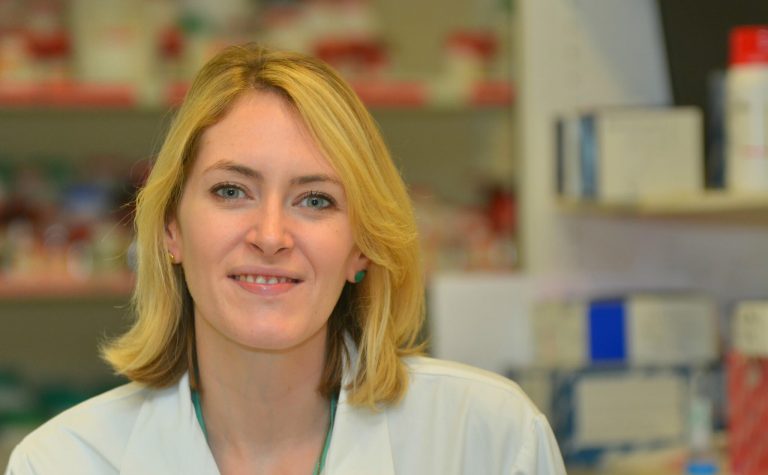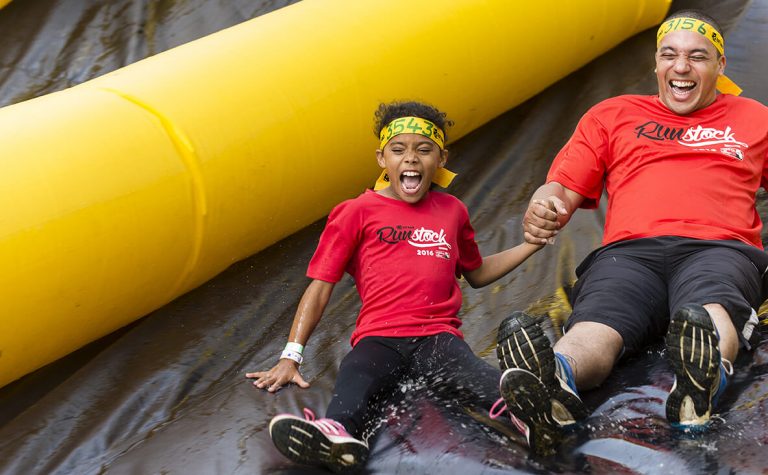Immunotherapy is an important new approach in the treatment of cancer. In this project, Professor Waseem is pioneering an approach using immune cells taken from donated umbilical cord blood instead of a child’s own cells, to help treat children who don’t have enough of their own immune cells after chemotherapy.
Thank you
This research project on childhood cancer immunotherapy has been successfully completed. Your donations allow us to fund ground-breaking research that can improve treatments given to children with cancer. Thank you. Your help allows us to continue to find ways to drive up the chances of survival for children with cancer and reduce the toxic side effects that can affect the rest of their lives.
